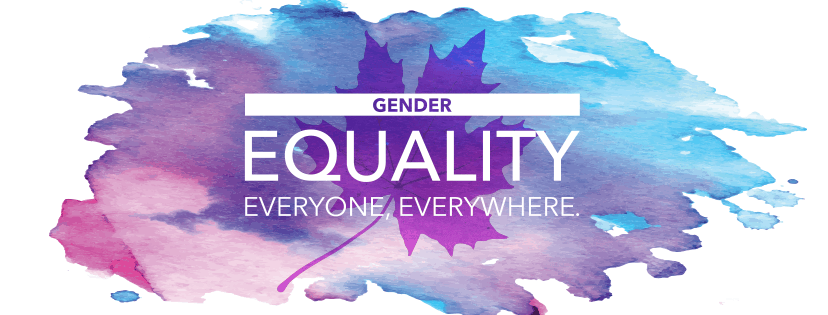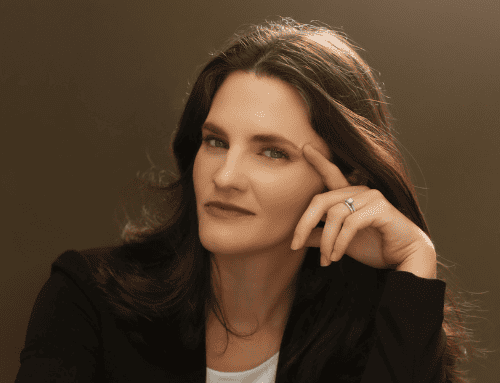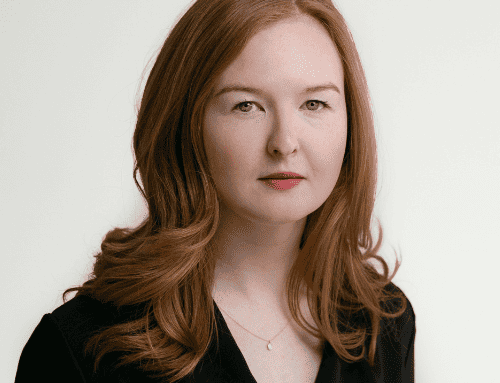In June, the Women Deliver conference will be held in Vancouver, Canada. It’s the world’s largest gathering on the health, rights, and well-being of women and girls, bringing together over 7,000 world leaders, influencers, advocates, academics, activists, and journalists from more than 160 countries. On top of that, 100,000 people will join in virtually. I’m excited to participate with colleagues and partners at Canadian Women’s Foundation. Here are three things I most look forward to.
- Unmasking power
This year’s theme is “Power. Progress. Change.”, and the intention is to explore power as it operates on individual, structural, and movement levels. Of course, these power levels aren’t distinct from each other. They mash up together in a confusing ball, and at the same time, they remain invisible. They are “the way things work”. They frame our lives.
Invisible power isn’t harmless. It’s led us to accept a lot of terrible things, including longstanding gender inequities that end up feeling natural and unavoidable. That’s why opportunities to get together and unmask power become important. We need them to help us open the possibility of change and understand how to push for it.
- Witnessing the movement
Everyone talks about the global women’s movement. But on a day-to-day basis it can be hard to think of it that way. So much of our lives are lived in the same small areas, going to the same places, stuck behind the same screens. Moments of community have become rare. Moments of movement have become extraordinary. I can’t wait to meet people pursuing gender equity all over Canada and the world who will convene for Women Deliver activities. I can’t wait to be physically reminded that none of us are in this effort alone.
- Finding Sheroes
As a racialized woman, I love learning what racialized women are doing to make things better. I’m struck by how many global movements, policy improvements, critical services and supports, and new ways of thinking have been led by racialized women, usually at great personal cost. In Canada, Indigenous and Black women have often pushed things forward for the benefit of everyone. I find it heartening and inspiring and I’m thrilled about the speakers who will be spotlighted at the conference.
At the same time, I know we shouldn’t be banking on equity-seeking people to do all the “change labour” for us like this. That’s asking people who are already burdened to carry a lot more, and we too easily think we can offer them minuscule support in the process. Sometimes we resent their strong voices; sometimes we uphold them like they’re superheroes. Either way, we don’t actually treat them as loved and valued human beings. That’s a hard way to have to live.
I want to help change this. So when I go to Vancouver this June and find my sheroes, I’ll be paying attention to them in a very different way.







